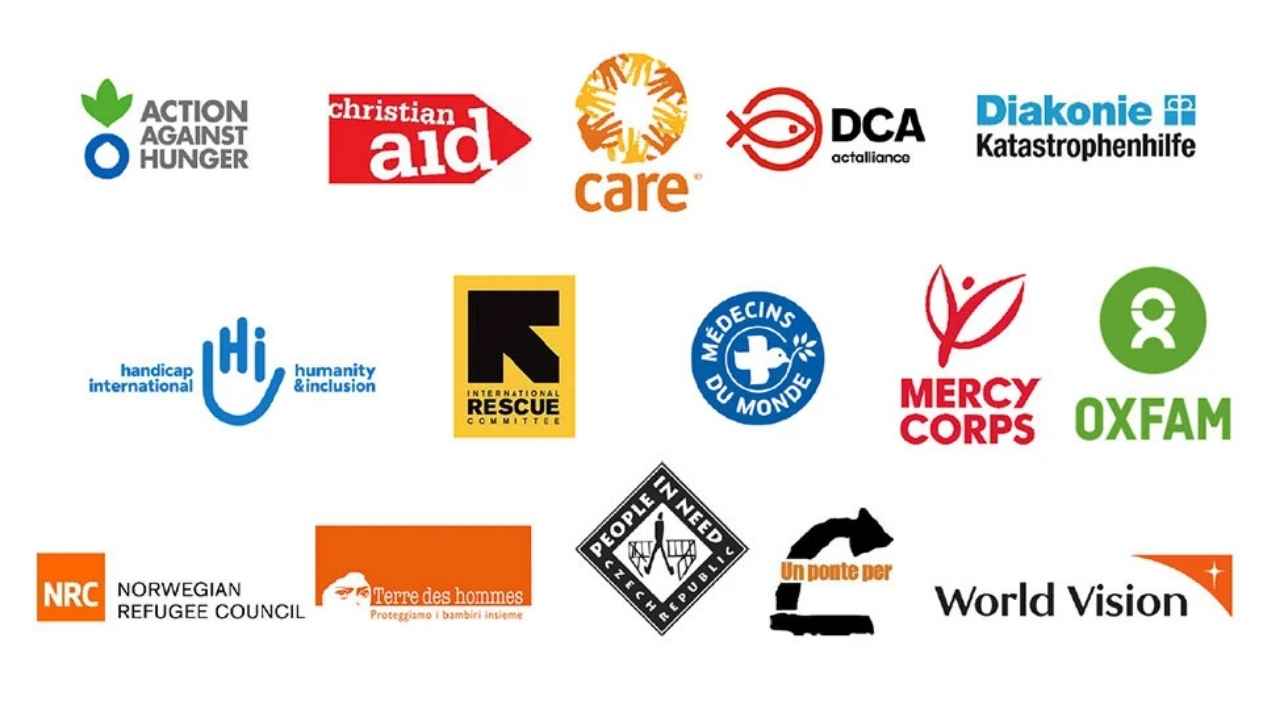In a world facing an unprecedented number of humanitarian crises, major global humanitarian organizations play a crucial role in delivering aid and support to those in need. These organizations provide essential services, ranging from food distribution to medical assistance, to the most vulnerable populations across the globe.
Who Are the Major Humanitarian Organizations?
Several organizations have earned a reputation for their extensive reach and the effectiveness of their operations. The most prominent among these include:
- Red Cross and Red Crescent
- United Nations High Commissioner for Refugees (UNHCR)
- Doctors Without Borders (Médecins Sans Frontières)
- World Food Programme (WFP)
- Oxfam International
What Do These Organizations Do?
The primary focus of these organizations is to provide humanitarian assistance and support to individuals affected by natural disasters, conflicts, and other emergencies. Their operations include:
- Emergency Relief: Immediate response to crises such as natural disasters and armed conflicts.
- Health Services: Providing medical care, vaccinations, and mental health support.
- Food Security: Ensuring access to adequate food through distribution programs.
- Education and Advocacy: Supporting educational needs while advocating for vulnerable populations.
Where Are They Active?
These organizations operate in regions affected by significant humanitarian needs, including:
| Region | Major Humanitarian Issues |
|---|---|
| Africa | Famine, Conflict, Displacement |
| Middle East | Civil War, Refugee Crisis |
| South Asia | Naturally Disasters, Poverty |
| Latin America | Violence, Economic Instability |
When Do These Organizations Mobilize?
These humanitarian organizations are often mobilized in response to:
- Naturally Occurring Disasters: Earthquakes, floods, and hurricanes.
- Conflicts and Wars: Civil strife leading to mass displacement.
- Public Health Emergencies: Outbreaks of diseases and pandemics.
Why Are They Important?
Humanitarian organizations serve a vital role in saving lives and alleviating suffering. They provide resources and support in crisis situations that often exceed the capabilities of local governments, ensuring that basic needs are met effectively and efficiently.
Conclusion: The Lifeline of Humanitarian Aid
In conclusion, major global humanitarian organizations are indispensable in addressing humanitarian crises worldwide. Their efforts in providing immediate relief and long-term support significantly impact the lives of millions, reaffirming their role as a lifeline for those in dire situations. Continued support for these organizations is essential for the ongoing fight against poverty, hunger, and the consequences of war.
